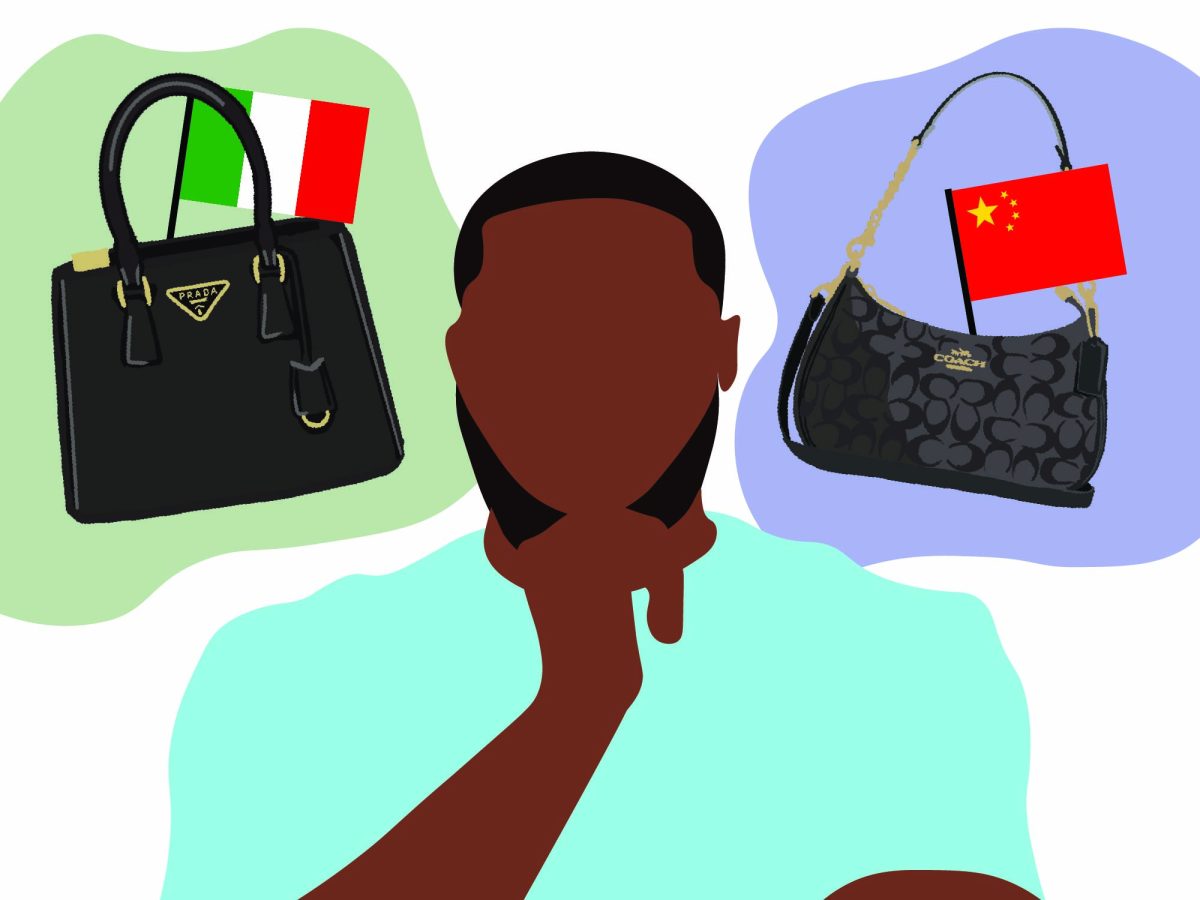On Sunday night, instead of doing my homework, as I probably should have been doing, I decided to take a break and watch a movie instead. Going through my usual scroll of Netflix’s limited options, I pondered on what movie I should watch when a notification popped up: “Nappily Ever After.” Intrigued at the image that showed as the preview for the movie, I clicked to watch the trailer.
The film starts out with a black woman, Violet (played by Sanaa Lathan), who seemingly has it all: the attractive and successful boyfriend, the supporting and loving friends and the high-paying and exciting marketing job. As a young child, Violet grows up thinking that her mother’s Western ideals of beauty — mainly the concept of having straight hair — is what it means to be beautiful and perfect. However, as she learns that her boyfriend doesn’t see a future with her, because he thinks she is superficial, she goes on a journey (with her hair) to realize that it is OK to completely be free and natural.
I’m not black, so I can’t say that I have personally had the experience of knowing what it feels like to perm my hair to make it acceptable to white people or my future. But, I can say that as a woman of color living in a world that isn’t all about people who look like me, it’s empowering to come across movies that remind you it’s OK to be your most natural self sometimes.
After I finished watching the film, I looked up the IMDb, as I always do when I finish watching a movie, and looked up the cast and the director. The director’s name, Haifaa al-Mansour, looked strangely familiar, and I realized where I knew her from. Last year, for an assignment for my Arabic class, I had to watch a Saudi film called “Wadjda” about a young girl named Wadjda who tests her family’s and her culture’s views on gender norms because of her incessant desire to bike instead of take on her role as a young girl in the household. I decided to do more research on Haifaa and found out that she is a controversial director back in Saudi Arabia because she tests the idea that girls never escape gender pressure.
“Wadjda” and “Nappily Ever After” are similar because they are both about empowering women and not always sticking to a mother’s view of what her daughter should be like. They are also different because “Nappily Ever After” questions a grown woman’s ideals about herself as well.
I don’t usually read the reviews for movies after I watch them, because I don’t want them to skew my perception of whether I liked the film or not. However, I was curious to see how other people — real critics of films — would react to a film about a woman finding her peace within herself. This structure for a movie isn’t unheard of and also isn’t anything new, but for the purpose of it being beneficial to the growing generation of girls who think that they have to fit a certain ideal of beauty, this movie is important. While some of the real critics may not agree with me, I think there is some power to what I’m saying.
Also, the movie, while portrayed to be a rom-com, was actually just a movie about a woman finding herself after a failed relationship, and truthfully, I like those movies more because they’re so much more relatable to life. Not everyone is lucky in finding “the one,” so I don’t really know why there is so much emphasis placed on girls needing to find their soulmate. But, I guess the dream sells better than the reality.
I hope in the coming years there are more films like “Nappily Ever After” that focus on the woman of color finding herself (and also her man or woman) who makes her happy. It’s these kinds of films that give me hope for a more accepting future — not just for women who can be natural head to toe, but the ones who find peace with exactly who they are, no matter how they present themselves.

















































































































